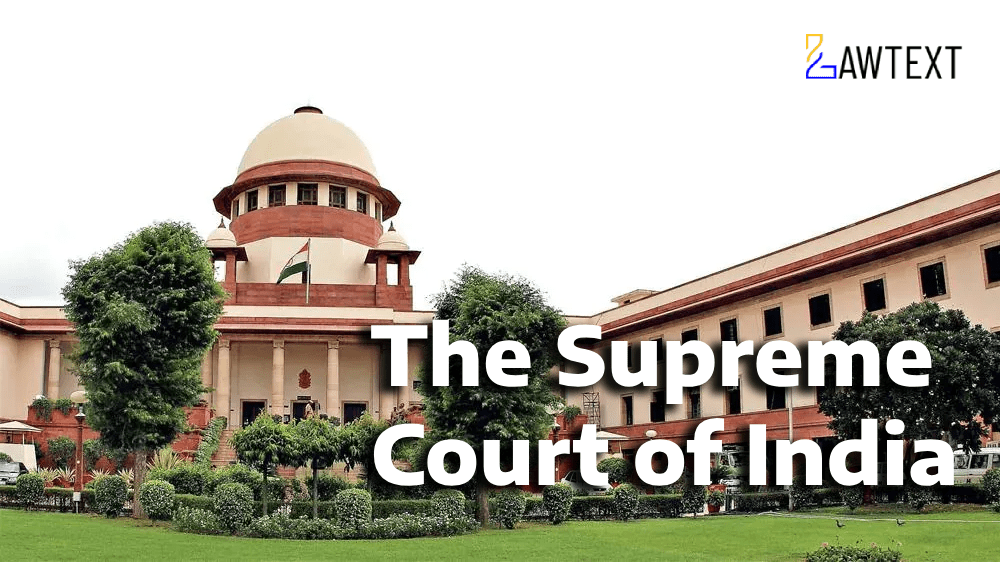

The Supreme Court dismissed the appeal of Kunhimuhammed @ Kunheethu challenging his conviction and life sentence for murder under Section 302 IPC. The Court held that the fatal stabbing of the deceased during a politically charged altercation constituted murder, as the appellant intended to cause injuries sufficient in the ordinary course of nature to result in death. The Court also rejected the appellant's arguments for reducing the sentence on grounds of self-defense, lack of premeditation, old age, and medical condition.
Incident (Paras 2.1–2.3):
A political altercation between rival factions (United Democratic Front and Left Democratic Front) led to an ambush at Mukkilaplavu Junction. The appellant stabbed the deceased multiple times with a knife after an initial scuffle involving tamarind sticks. The co-accused also inflicted injuries on the victims.
Investigation (Para 2.4):
Police registered an FIR under Sections 302/324 read with Section 34 IPC. The murder weapon (knife) was recovered based on the appellant's disclosure statement.
Trial (Paras 3–5):
The Trial Court convicted the appellant under Sections 302, 326, and 324 IPC, sentencing him to life imprisonment and fines. The conviction was based on eyewitness testimony, medical evidence, and forensic findings.
Role of Evidence (Paras 10–15):
Rejection of Private Defense (Para 14):
The appellant’s injuries were minor, disproving his claim of imminent danger or lawful private defense.
Conviction (Para 15):
The appellant was found guilty of murder under Section 302 IPC. Co-accused were convicted under Section 326 IPC for grievous hurt but acquitted of murder due to lack of common intention.
Rejection of Arguments for Reduction of Sentence (Paras 25–30):
Legal Principles Cited (Paras 25.4–25.12):
Final Verdict (Para 31):
The appeal was dismissed. The conviction and life sentence were upheld.
The deliberate infliction of fatal injuries using a sharp weapon during a politically motivated altercation, targeting vital organs with knowledge of likely death, constitutes murder under Section 300 IPC. The lack of premeditation or spontaneous escalation does not absolve intent formed during the act.
Citation: 2024 LawText (SC) (12) 61
Case Number: CRIMINAL APPEAL NO. OF 2024 (ARISING OUT OF SLP (CRL.) NO. 4403 OF 2023)
Date of Decision: 2024-12-06
Case Title: KUNHIMUHAMMED@ KUNHEETHU VERSUS THE STATE OF KERALA
Before Judge: (VIKRAM NATH J. , PRASANNA B. VARALE J.)
Appellant: KUNHIMUHAMMED@ KUNHEETHU
Respondent: THE STATE OF KERALA